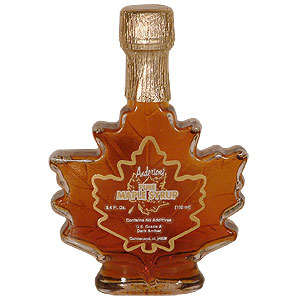Thanksgiving’s eminent arrival (in Canada) gives us reason to consider the origins of the food on our plates, and recognize those who put it there. Sometimes it’s a farmer down the road or down the highway, and sometimes it’s a farmer halfway around the world. Whatever the case, there’s a farmer somewhere to thank for dinner, no matter if it’s a holiday or some other wonderful day that we have on this Earth.
Food inspectors keep their eyes on all food, imported or domestic. A couple of items they watch are those many people will have on their tables on the holiday weekend: maple syrup and apple cider. That’s local food at its finest, as long as safety measures are followed during processing and preparation.
Depending on growing conditions and processing, apple cider can contain a toxin called patulin. Lab services can screen for it before it becomes a problem.
Maple syrup came under scrutiny several years ago in New England when inspectors there found it contained unacceptable levels of lead, a result of solder used on older equipment. Producers everywhere became aware of the problem and are fixing it by upgrading their gear. As a result, over the past four years, maple syrup samples in Ontario that were over the acceptable limit of lead ” 0.5 parts per million ” dropped to one per cent, from six per cent.
I write about how safety measures make local food even better, in my Urban Cowboy column in the Guelph Mercury.


